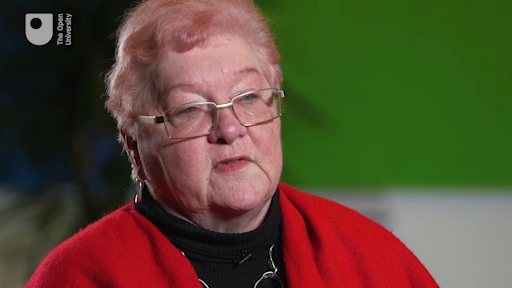7 Choosing which subjects to study
So far in this course, you have learned about the terms ‘interdisciplinarity’ and ‘multidisciplinarity’, explored the historical context of these terms, and examined both the differences and many benefits of studying this way. You have also considered a range of skills that multidisciplinary students can develop through the study of different subjects, from critical thinking to adaptability and flexibility. What does this mean to you in terms of the subjects you might choose to study and your personal or career-related interests? In the following video, students who have studied The Open University’s BA/ BSc (Hons) Open degree [Tip: hold Ctrl and click a link to open it in a new tab. (Hide tip)] explain which subjects they have chosen to study and why.

Transcript: Why do Open University students choose to study in a multidisciplinary way?
Choose and read through at least one of the following OpenLearn articles to explore how different combinations of subjects can be applied to specific, interdisciplinary contexts:
- The Environment
- What are the benefits of interdisciplinary study?
- Can science make you a better leader?
You can also explore a wide range of other subjects on OpenLearn using audio, videos and interactive content. All of this may help inform the subjects you decide to choose.
Activity 6 Choosing which subjects to study
Which subjects have you already chosen, or might choose to study, as part of a multi-subject qualification, and why? For example, are you choosing to study each of these for personal interest and/or career reasons? Write your preferred subjects in the left-hand column below and then add Yes or No in the other two columns.
| Subject | Personal | Career |
|---|---|---|
Discussion
Remember, there are no right or wrong answers here. Reflecting on the reasons you might like to study a subject or the reasons for having chosen a subject can help you to identify your motivation for studying particular subjects and/or may help if/when you might seek employment opportunities in the future.
